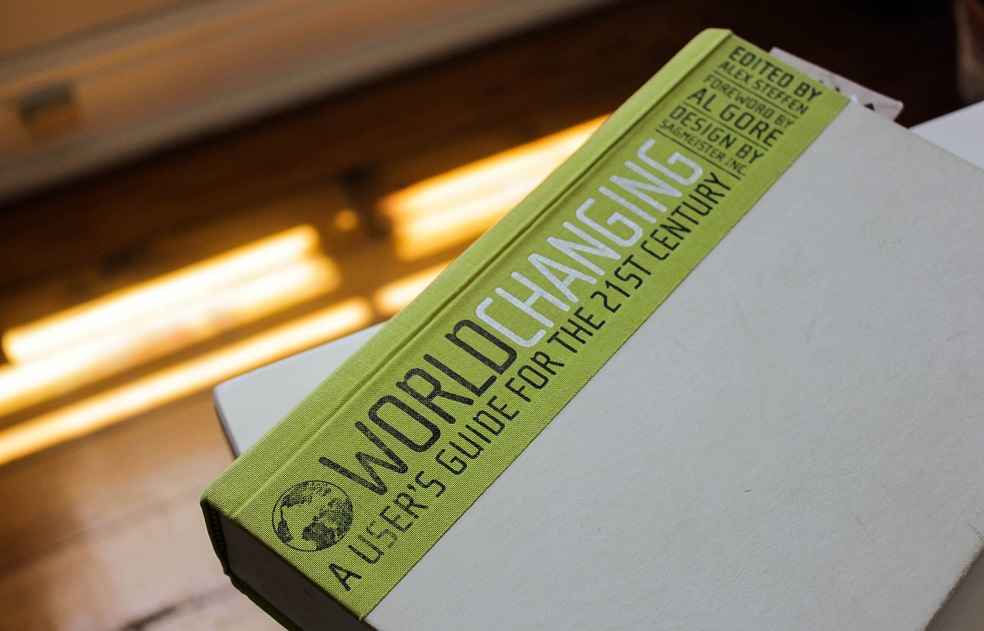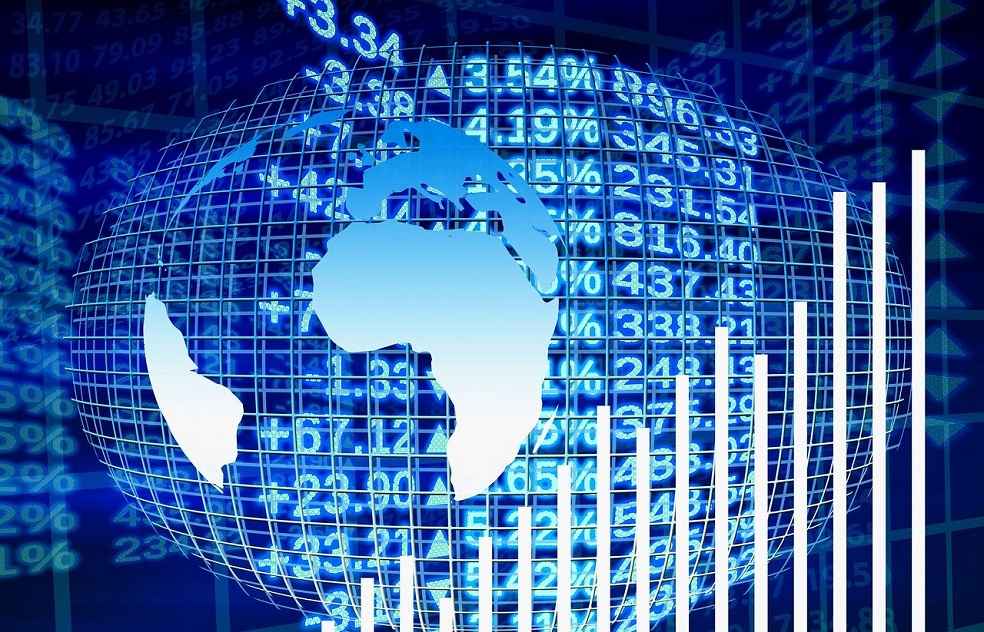As the global community continues to grapple with the after-effects of political and economic changes over the past few years, the importance of international trade in fostering resilience, equality, and peace remains paramount. However, protectionist policies, escalating nationalist sentiments, and geopolitical pressures pose growing threats to global trade.
In the past decade, policies aiming to halt further international integration have been introduced by some of the world’s largest economies. Despite this, data shows no conclusive evidence that global trade is on a decline. Instead, global trade growth has rebounded since the onset of the pandemic in 2020, reaching its highest value ever.

Despite American and Chinese tariffs introduced in 2018, global trade has not been reduced, but reallocated, demonstrating the enduring resilience of international commerce. Additionally, despite the disruption caused by COVID-19 and political tensions like Russia’s invasion of Ukraine, many governments continue to aggressively pursue economic integration.
However, these positive indications don’t necessarily secure the future of globalization. Changes in public sentiment and policy environment could have delayed effects on international trade. The concept of “national security” and the term “reshoring” have gained prominence, reflecting a shift in perception towards international trade.
The era of “hyperglobalization” from the 1990s was characterized by immense economic advancement, increased standards of living, and a long period of peace, facilitated significantly by global trade. Despite these positive impacts, tensions beneath the surface were brewing, giving rise to a backlash against globalization.

The disparity between the affluent multinational firms and individuals benefiting from globalization and the workers in advanced economies feeling left behind sparked a global backlash. This led to significant political consequences such as Brexit and the resurgence of extremist views in Europe.
The COVID-19 pandemic marked the second phase of the deglobalization movement, calling for increased resilience. Despite short-term delays and shortages, markets proved remarkably resilient. International trade played a significant role in fostering this resilience by making economies more diversified and better equipped to handle country-specific shocks.
Geopolitical pressures resulting from Russia’s invasion of Ukraine in 2022 marked the third phase. The invasion underscored the potential risks of over-reliance on a single country for critical imports, sparking concerns about a potential decoupling from China. This led to increased pressure for immediate, self-directed decoupling, fueling the deglobalization movement.

There are concerns that this trend could lead to a new cold war, resulting in fewer scientific collaborations, increased costs, and slowed progress in critical areas such as decarbonization. If global trade is restricted, it could lead to increased inequality within countries and across the globe.
Protectionism, while offering a potential short-term shield against geopolitical risks, is unlikely to lead to long-term resilience. Increased global inequality, higher prices, and lower real wages are potential consequences. Notably, the greatest risk of this ongoing shift could be the threat to global peace.
As we navigate these challenging times, it’s crucial to learn from history and aim to make policy choices that uphold the values of resilience, equality, and peace. Otherwise, the global community may risk reverting to an era of conflict and division.
This news article is based on the work of economists Pinelopi K. Goldberg and Tristan Reed, as published by the International Monetary Fund (IMF).
DON’T MISS IT: War on Waste: Bans Unsold Fashion Destruction



